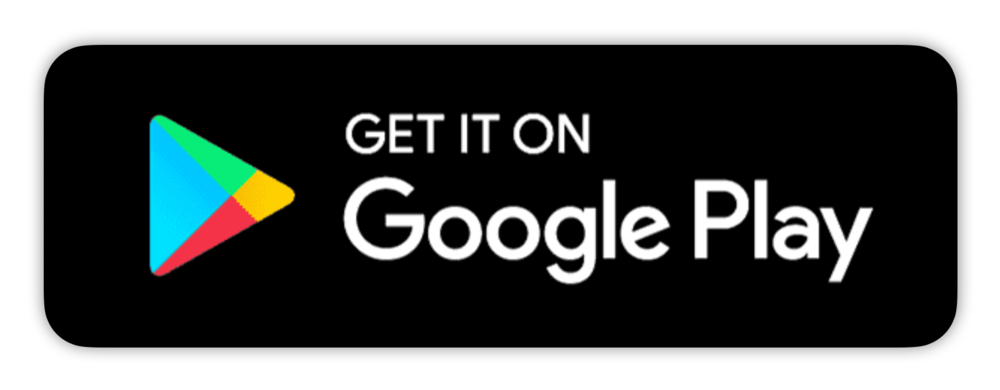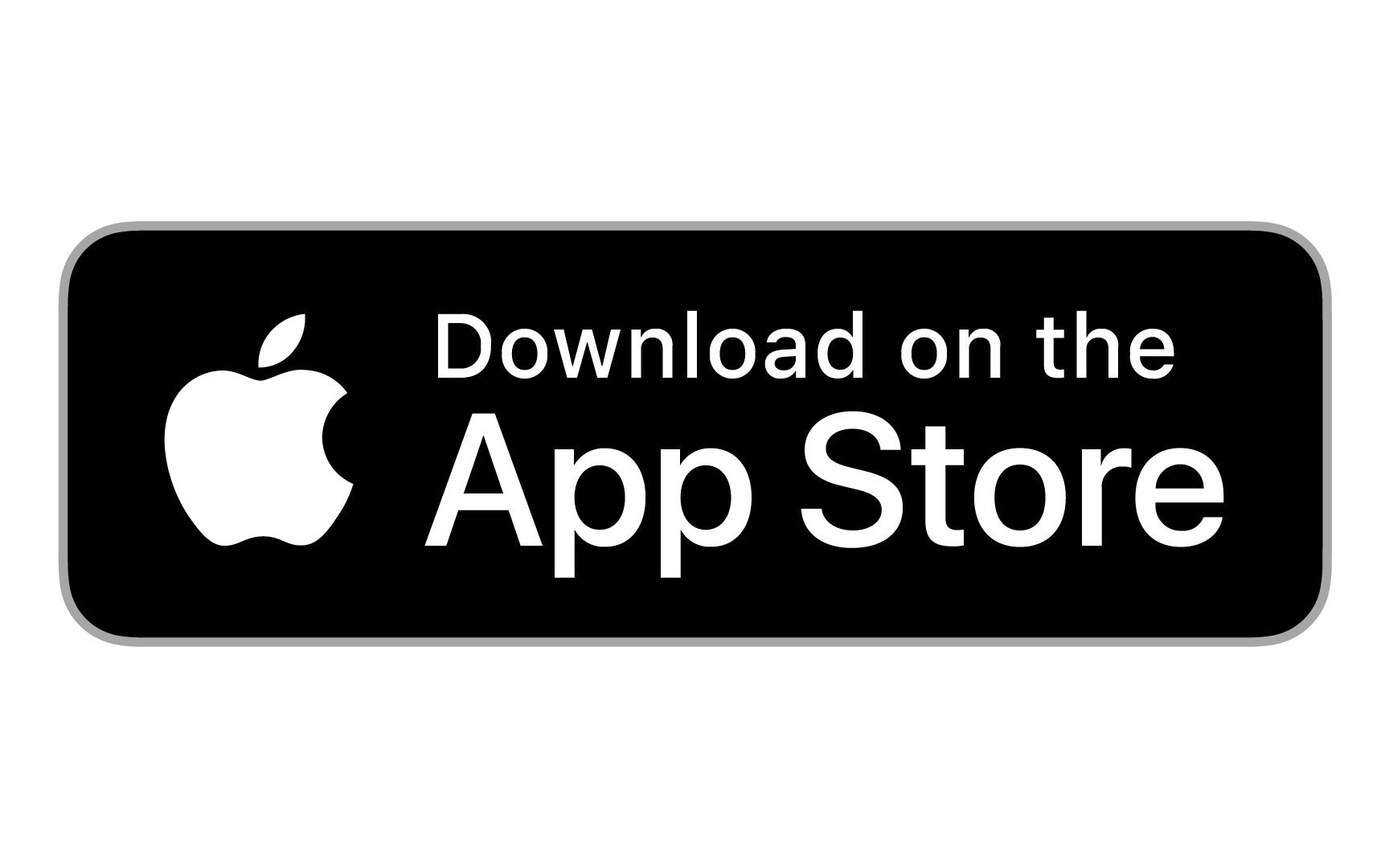
image source: Market Watch
Breaking free from the cycle of living paycheck to paycheck can seem like a daunting task. This perpetual cycle is like quicksand, the more you struggle, the deeper you sink. But just as quicksand, the trick is to stop struggling and start making strategic moves. In the journey towards financial freedom, every decision, every step counts. This article will empower you with practical, achievable steps to gradually dismantle this cycle and build a financially stable future.
Understanding the Paycheck-to-Paycheck Life
Living from paycheck to paycheck, as if trapped in a hamster wheel, is a reality for many people, regardless of their income. This lifestyle is characterized by an inability to save money for future needs or emergencies, creating a constant state of financial anxiety.
What Does “Live Paycheck to Paycheck” Mean?
To “live paycheck to paycheck” means that most or all of one’s monthly income is used to cover monthly expenses, with little to no money left over. As a result, the person is anxiously waiting for their next paycheck, and if any unexpected expense arises, it can result in instant financial stress. This cycle is not only mentally taxing but also prevents any form of substantial savings or investments for the future.
How Personal Finance is Affected by Living Paycheck to Paycheck
Living paycheck to paycheck has a significant impact on personal finance. It impedes the ability to save, invest, and grow wealth. It leaves no room for unplanned expenses or financial emergencies, leading to the accumulation of debt. Over time, this lifestyle can lead to serious financial problems such as bankruptcy.
Credit Card Use and Living Paycheck to Paycheck
When living paycheck to paycheck, credit cards often become a lifeline for unexpected expenses or to bridge the gap at the end of the month. However, this often leads to high-interest debt if the balance isn’t paid in full each month, exacerbating the financial situation.
Steps to Stop Living Paycheck to Paycheck
Breaking the cycle of living paycheck to paycheck is not a feat that can be accomplished overnight. It requires planning, discipline, and time. But the reward of financial freedom is well worth the effort.
Recognizing the Need to Break the Paycheck-to-Paycheck Cycle
The first step towards breaking free is acknowledging the problem. Take a good, hard look at your finances. Do you find yourself anxiously waiting for payday? Do unexpected expenses throw your budget off track? If the answer to these questions is yes, it’s time to break the cycle.
Setting Clear Financial Goals
Setting financial goals provides a roadmap to financial freedom. Whether it’s saving for a down payment on a house, building an emergency fund, or saving for retirement, having clear, specific goals will motivate you and guide your financial decisions.
Creating a Budget: The First Step to Break the Cycle
A budget is a powerful tool to control your finances. It’s a plan that outlines your income and expenses, helping you understand where your money is going, identify unnecessary expenses, and create a plan to reach your financial goals.
Breaking Down Your Budget
Once you’ve set up a budget, the next step is to break it down into categories to better understand your spending habits.
Making a List of Essential and Non-Essential Expenses
Divide your expenses into essential (like rent/mortgage, utilities, groceries) and non-essential (like dining out, entertainment). This will help you identify areas where you can cut back.
Determining Fixed Expenses: Rent, Utility Bills, Car Payment
Fixed expenses are the same every month. Knowing these costs will help you understand how much money you need to cover your essential needs.
Reviewing Your Spending Habits to Spend Less
Once you have a clear picture of your expenses, it’s time to scrutinize your spending habits. Identify areas of unnecessary spending and make a plan to reduce them. Small changes can lead to big savings over time.
Building an Emergency Fund
An emergency fund is a crucial element in breaking the paycheck-to-paycheck cycle. It serves as a financial buffer, helping you deal with unexpected expenses without plunging into debt.
The Importance of an Emergency Fund in Personal Finance
An emergency fund is a safety net. It ensures that you can cover unexpected costs without resorting to credit cards or loans, which can lead to high-interest debt.
Tips to Save Money for an Emergency Fund
Starting an emergency fund may seem difficult, especially when you’re living paycheck to paycheck. Start small, even if it’s just a few dollars a month. Over time, as you adjust your budget and spending, you’ll be able to contribute more.
How to Use Extra Money to Boost Your Emergency Fund
Any extra income—like a bonus, tax return, or even a raise—should be put towards your emergency fund. It’s a fast way to reach your savings goal and provide financial security.
Evaluating Your Subscriptions
Subscription services can slowly drain your finances without you even noticing. It’s essential to assess these costs and determine their real value.
How Subscriptions Impact Your Budget
Subscriptions can be a significant drain on your resources. From streaming services to gym memberships, the cost of subscriptions can add up.
Deciding Which Subscriptions are Essential
Take a look at all your subscriptions. Are they all necessary? If not, it’s time to make some cuts. The money saved can be diverted to savings or paying down debt.
Using Saved Subscription Money to Break the Paycheck-to-Paycheck Cycle
The money you save from cancelling unnecessary subscriptions can be a big help in breaking the paycheck-to-paycheck cycle. It can be used to build your emergency fund, pay down debt, or contribute to your savings.
Adjusting Your Spending Habits
Adjusting spending habits is key to breaking the paycheck-to-paycheck cycle. It involves prioritizing needs over wants and making smart financial decisions.
Prioritizing Needs over Wants to Spend Less
Understanding the difference between needs and wants is essential. Needs are things you must have to survive, like food and shelter. Wants are things you’d like to have but don’t need. Prioritize your needs first and then see if your budget allows for wants.
Making Smart Money Decisions to Stop Living Paycheck to Paycheck
Smart money decisions involve planning for the future. This might include investing in a retirement plan, seeking opportunities for additional income, or pursuing education to increase your earning potential.
Working Toward Healthy Spending Habits
Healthy spending habits involve living within your means, saving for the future, and avoiding debt. These habits are crucial in building a financially stable future.
The Importance of a Savings Account
A savings account is more than just a place to stash money; it’s a cornerstone of financial security.
Why a Savings Account is Essential for Financial Security
A savings account provides a safe place to store money for future needs. It can be used to build an emergency fund, save for future goals, or even earn interest over time.
Tips to Consistently Put Money in Your Savings Account
Consistently saving can be achieved through automated transfers to your savings account. Even a small amount can accumulate over time.
How Savings Can Help Make Ends Meet
Savings can act as a buffer during tough times. If you lose your job or face an unexpected expense, your savings can help you weather the storm without resorting to debt.
Conclusion
Living paycheck to paycheck is a reality for many, but it doesn’t have to be. By understanding your spending, creating a budget, building an emergency fund, and adjusting your spending habits, you can break free from this cycle and move towards financial stability. It’s not an easy journey, but with determination and discipline, you can take control of your finances and stop living paycheck to paycheck.
FAQs:
- Is it possible to stop living paycheck to paycheck?
Yes, it’s possible. It involves creating a budget, reducing unnecessary expenses, and building an emergency fund. - How can I save money while living paycheck to paycheck?
Start by evaluating your expenses. Cut back on non-essential spending and try to save a small amount each month. - Why is an emergency fund important?
An emergency fund acts as a financial safety net, allowing you to cover unexpected expenses without resorting to debt. - How can I create a budget?
Start by listing all your income and expenses. Categorize your expenses into fixed and variable. Then, try to find areas where you can cut back. - How can I build healthy spending habits?
Living within your means, prioritizing needs over wants, and saving for the future are all part of healthy spending habits.


